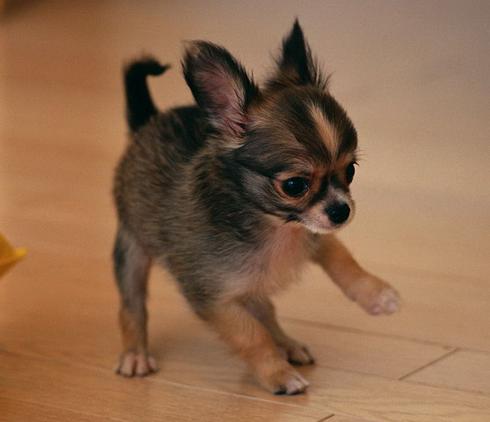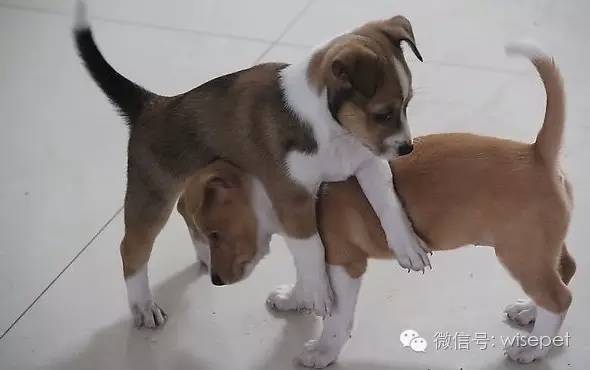Understanding Your Dog's Behavior: Why Does My Dog Paw Me When I Pet Him?
**Translation:** 为什么我的狗在我抚摸他时会用爪子碰我?#### IntroductionHave you ever been in the middle of a cozy petting session with your dog, only to feel a gentle paw on……
**Translation:** 为什么我的狗在我抚摸他时会用爪子碰我?
#### Introduction
Have you ever been in the middle of a cozy petting session with your dog, only to feel a gentle paw on your arm? This behavior can be puzzling for many dog owners. In this article, we will explore the reasons behind this endearing yet sometimes confusing action—**why does my dog paw me when I pet him?**
#### 1. Seeking Attention
One of the most common reasons your dog may paw at you while being petted is that he is seeking more attention. Dogs are social animals that thrive on interaction with their human companions. When you stop petting or your attention shifts, your dog may use his paw to gently remind you that he wants you to continue. This behavior is a way of communicating his desire for affection and engagement.
#### 2. Expressing Affection

Dogs have their unique ways of showing love and affection. When your dog paws at you, it can also be a sign of affection. Just like humans might reach out for a hug, your dog might be trying to connect with you on a deeper level. This behavior can be particularly common in breeds that are known for being more affectionate, such as Golden Retrievers or Labradors.
#### 3. Requesting More Petting
Another reason for this behavior is that your dog may simply want more of the good stuff—petting! Dogs often learn that certain actions can elicit specific responses from their owners. If your dog has noticed that pawing at you results in more petting, he may continue to do it as a way to initiate or prolong the affection he enjoys.
#### 4. Anxiety or Discomfort

In some cases, a dog might paw at you if he is feeling anxious or uncomfortable. If your dog is in a situation that makes him nervous, he may reach out to you for reassurance. This is especially true if he is in a new environment or around unfamiliar people or animals. If you notice that your dog’s pawing is accompanied by other signs of anxiety, such as panting or pacing, it may be time to address the underlying issues causing his discomfort.
#### 5. Communication
Dogs communicate in various ways, and pawing can be one of them. If your dog is trying to tell you something—whether it’s that he’s hungry, needs to go outside, or simply wants to play—pawing can be a form of non-verbal communication. Pay attention to the context in which your dog paws at you; it may give you clues about what he is trying to express.
#### 6. Instinctual Behavior

Pawing can also be an instinctual behavior rooted in a dog's ancestry. Wild canines often paw at their pack members as a way to solicit attention or indicate a desire for closeness. This instinct has been passed down through generations, and many domestic dogs still exhibit this behavior as a way to bond with their human family.
#### Conclusion
Understanding why your dog paws at you when you pet him can enhance your bond and improve your communication. Whether he is seeking attention, expressing affection, or communicating a need, being aware of your dog's behavior can lead to a more fulfilling relationship. Next time your furry friend reaches out with his paw, take a moment to appreciate the myriad of emotions and instincts that drive this simple yet meaningful action. Embrace the connection it represents, and enjoy the special moments you share together.